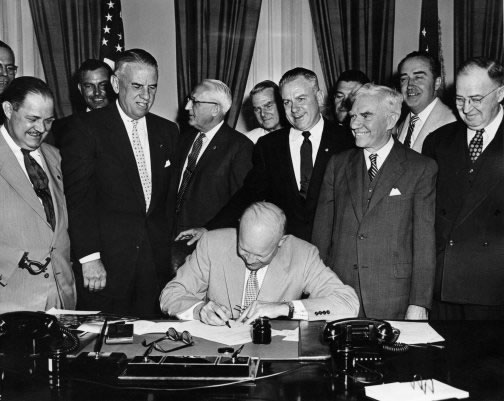KEY CONCEPT
New research based on an exceptional database of unfaithful individuals reveal that people who are unfaithful to their spouses are more likely to engage in professional misbehaviour, supporting the contention that personal and professional misconduct are linked.
IDEA SUMMARY
Psychologists are divided concerning the link between personal misconduct and professional misconduct. Some argue that misconduct reflects a personal trait; others argue that behaviour is situational — a person may behave unethically in one context but not another. New research, building on the database of a website for married people looking to have an affair, presents evidence in support of the personal trait theory, with clear implications for business.
The tagline of the website, called Ashley Madison, is: “Life is short. Have an affair.” In 2015, the website’s data was hacked and the names and addresses of more than 1 million users were revealed. A research team from the University of Texas and Emory University used this database to explore the link between personal misconduct and professional misconduct in different settings.
First, they compared the Ashley Madison activity of 960 police officers punished in response to complaints compared to 960 misconduct-free police officers of the same age and experience and working in the same police district. The result: they found that that police officers charged with misconduct were more than twice as likely to have a record of Ashley Madison activity than police officers who had never been charged.
The researchers also collected data on 1,319 financial advisors with a record of misconduct compared to the same number of misconduct-free financial advisors with similar experience working in the same firms and the same locations. The results echoed the findings with the police officers: Financial advisors with a record of misconduct were more than twice as likely to have Ashley Madison activity as financial advisors with a clean record.
Using the same comparative methods on 613 white collar defendants facing Securities and Exchange Commission (SEC) charges in federal court yielded an even more telling result. In this case, they found that SEC defendants were more than three times as likely to be Ashley Madison users than their misconduct-free counterparts.
The researchers also used the Ashley Madison data to study the link between individual misconduct of CEOs and CFOs to corporate misconduct (measured based on securities class action lawsuits or financial misstatements). The results were similar to the study results involving the other professional contexts: that is, companies whose CEO or CFOs were paid Ashley Madison users were twice as likely to engage in corporate misconduct than companies without CEO or CFO Ashley Madison users.
In every professional context studied, other factors, such as number of years of experience or location or activity, were kept constant so that the Ashley Madison membership was the major difference between the two comparative groups of professionals — that is, the group who engaged in misconduct and the group that did not.
BUSINESS APPLICATION
Unlike professional misconduct, measuring the extent of personal or intimate misconduct is challenging; by its very nature, personal misconduct is private. The extraordinary data (unwittingly) available from the Ashley Madison website offered researchers a rare opportunity to measure personal misconduct and, thus, explore any link with professional misconduct.
This study reveals the evidence of such a link, rejecting the notion that ethics is situational and that misbehaviour in one context (personal life) does not imply misbehaviour in another (professional life). Instead, the results of the study support the more classic view that honest, integrity and other virtues influence a person’s behaviour, regardless of the context. This conclusion has clear implications for business: individuals who are willing to misbehave on a private, personal level are in general twice as likely (and sometimes three times as likely) to misbehave on a professional level. Thus, any proof of personal misconduct should raise red flags as to the potential for professional misconduct.
Because of the nature of the source of the data — marriage infidelity — this research also offers a potential second insight for businesses: that eliminating sexual misconduct in the workplace may lead to more ethical professional behaviour.
FURTHER READING
John M. Griffins profile at McCombs School of Business Samuel Krugers profile at McCombs School of Business Gonzalo Maturanas profile at Goizueta Business School
REFERENCES
Personal infidelity and professional conduct in 4 settings. John M. Griffin, Samuel Kruger & Gonzalo Maturana. Proceedings of the National Academy of Sciences (August 2019).











